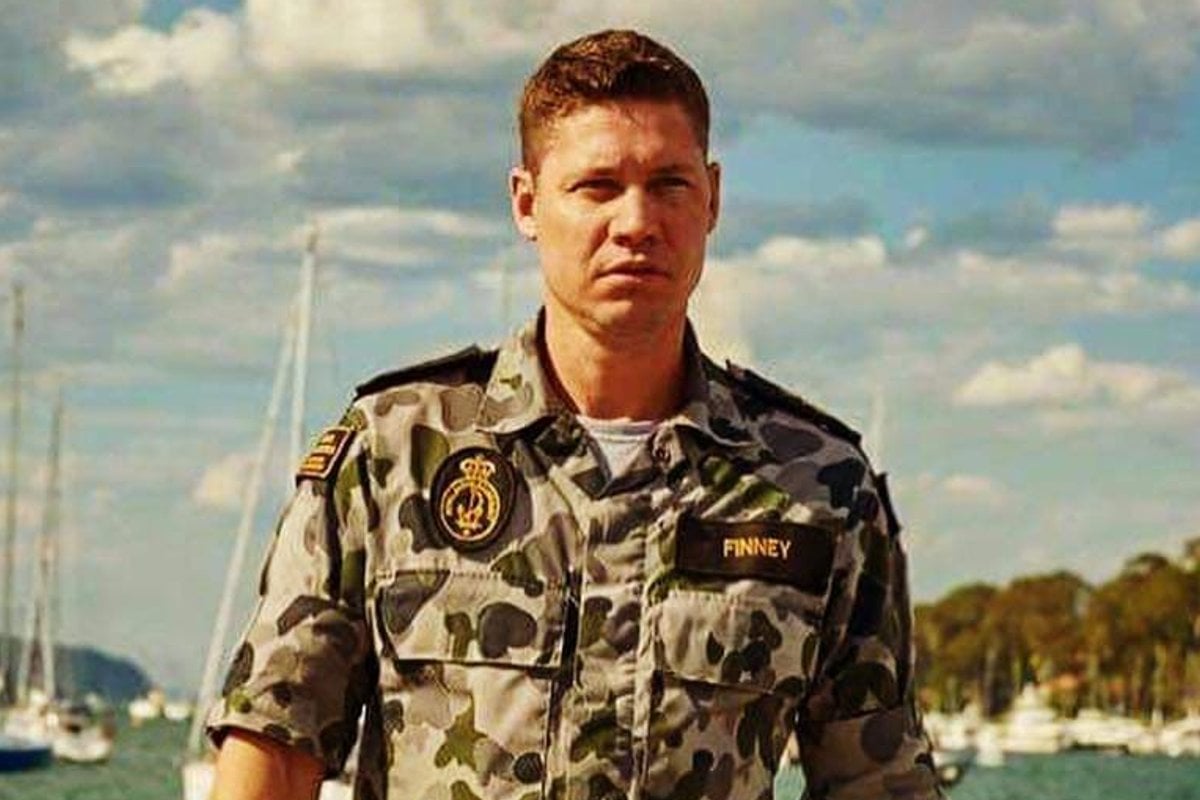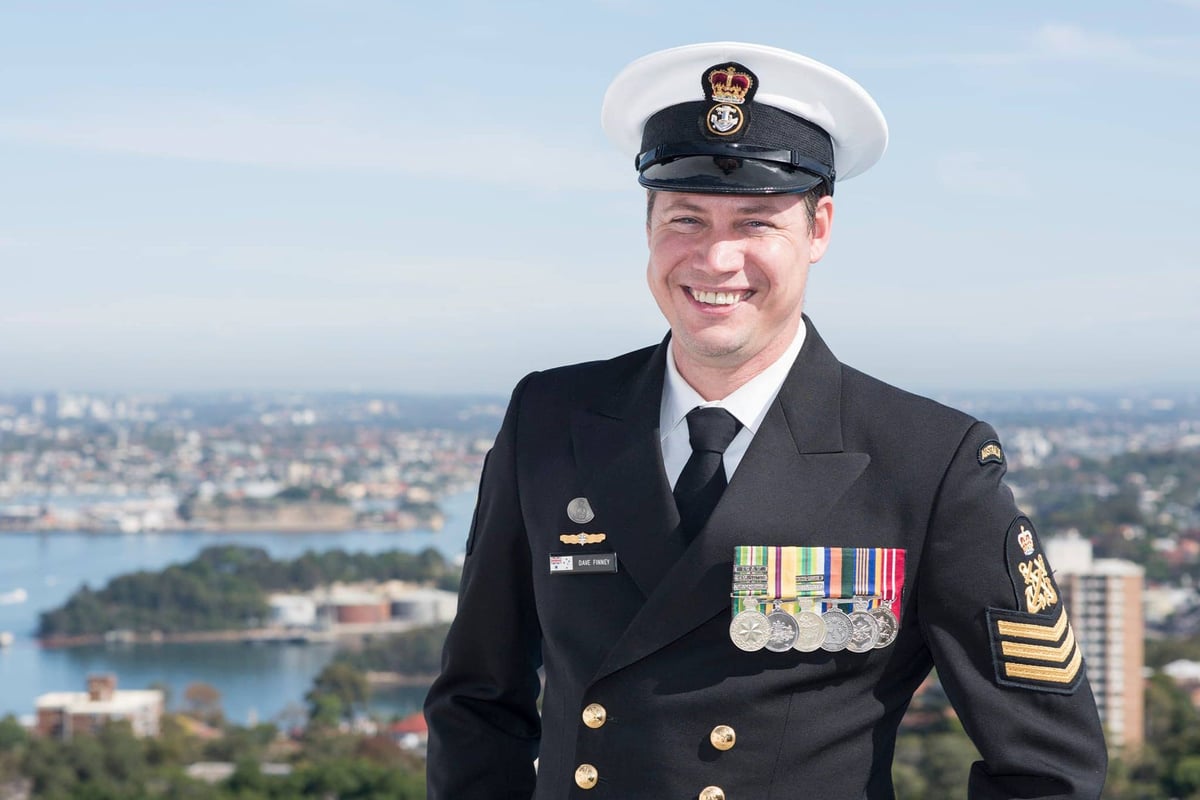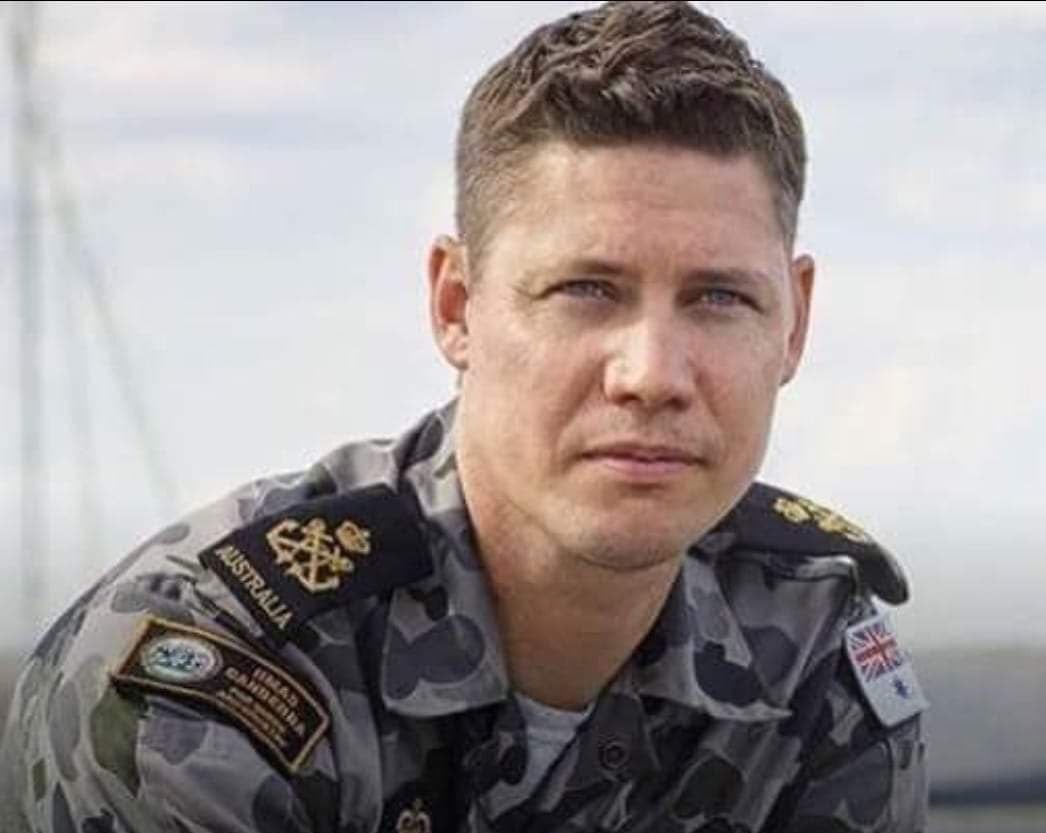
This post deals with suicide and might be triggering for some readers.
It was Monday afternoon and Prime Minister Scott Morrison had just announced the Royal Commission into veteran suicides. A short while later, a grieving mother entered the gates of a cemetery as she slowly walked towards her son's grave. It was the first time she’d been there in over a year.
Julie-Ann Finney had come to tell him the news, as tears welled in her eyes.
“I had to tell him that we’ve got this far, but we’ve got further to go," she shares, her voice breaking. "It was incredibly traumatic. I don't think I am ready to let him go yet."
This ANZAC Day, Ms Finney tells Mamamia that today is about “remembering every veteran who has passed away”.
“It's very easy to forget that we live in this beautiful, great country. But there are many who have died keeping this country free. And it doesn't matter how they've died, their service must be remembered.”
Since 2001, more Australian veterans have died by suicide than have been killed in active service. Whilst the official statistic from the Department of Veterans’ Affairs says there were 419 suicides between 2001 and 2017, one veteran who collected his own statistics found there were actually 731 suicides in that time period.
In 2019, Ms Finney’s son was one of them.
Listen: The Quicky speaks to two experts, to find out why even veterans who never see combat are left feeling desperate and what services are available to help them.



Top Comments